|
|
|
|
Nau mai haere mai – welcome to this week’s newsletter.
At the end of the G7 summit earlier this week, leaders joined forces in support of US president Biden’s call for a new investigation to determine the exact starting point of the COVID-19 pandemic. At the heart of this is the question of whether the virus, SARS-CoV-2, jumped from a wild animal host to a person or whether the first infection happened in a laboratory, through an experimental virus.
Allen Rodrigo, an expert in the molecular evolution of viruses, argues we cannot dismiss the lab-leak hypothesis, because we already know of 27 cases of laboratory-acquired infections that happened between 1982 and 2016 in the Asia-Pacific region alone.
The dengue fever virus and the SARS coronavirus were among the pathogens transmitted in these cases, and accidental infections have happened in labs with the highest biosafety accreditation. As he writes, this makes a lab-leak scenario at least plausible and therefore important to investigate.
There’s plenty more to read here and on our homepage, including human rights expert Claire Breen’s analysis of the debate over transgender athletes in the lead-up to the Tokyo Olympic Games next month and the latest advice on COVID-19 vaccination during pregnancy.
As always, many thanks for your readership and support. Ngā mihi nui ki a koutou katoa.
|
Veronika Meduna
New Zealand Editor: Science, Health + Environment
|

|
|
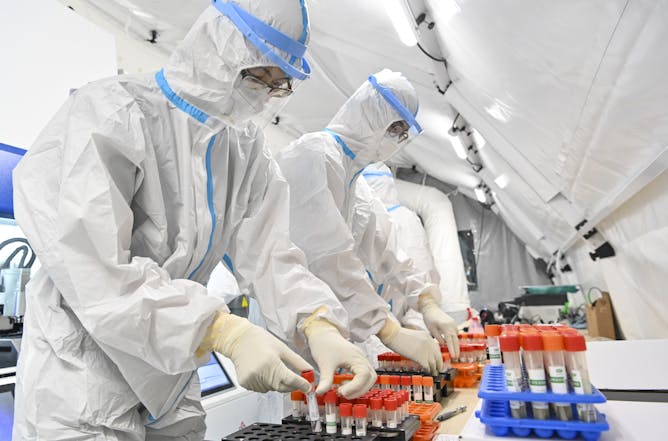
Chen Jimin/China News Service via Getty Images
Allen Rodrigo, University of Auckland
There are several earlier examples of people studying infectious pathogens being infected in the laboratory, even while working under strict biosafety conditions.
|

www.shutterstock.com
Claire Breen, University of Waikato
With both sides claiming unfair discrimination, the science disputed and law contradictory, where do transgender athletes turn?
|
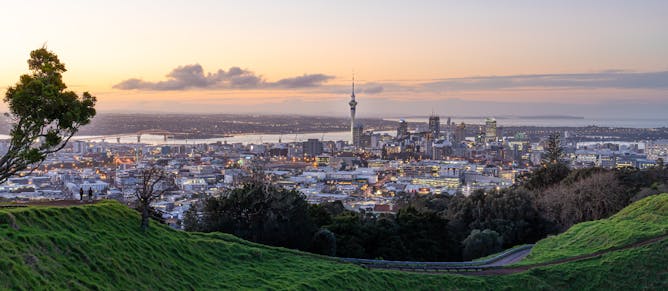
www.shutterstock.com
Ella Henry, Auckland University of Technology
Auckland has risen to the top of a global liveable cities survey on the back of the country's pandemic response. But that's not the full picture.
|
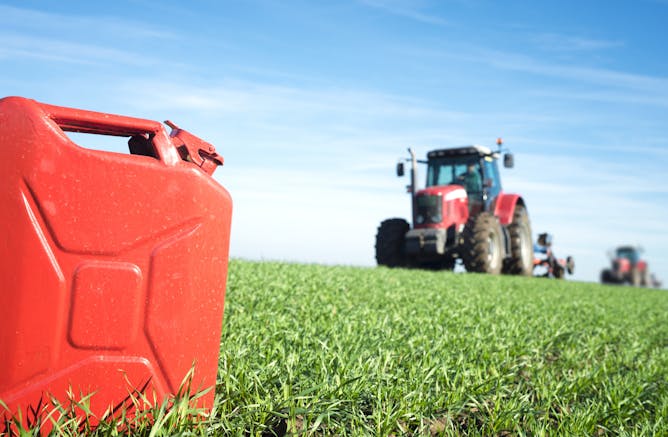
Aleksandar Malivuk/Shutterstock
Troy Baisden, University of Waikato
A complete switch to biofuels is neither feasible nor desirable, but they could replace some fossil fuels in transport and heating. If biofuels are produced from waste products, that's even better.
|
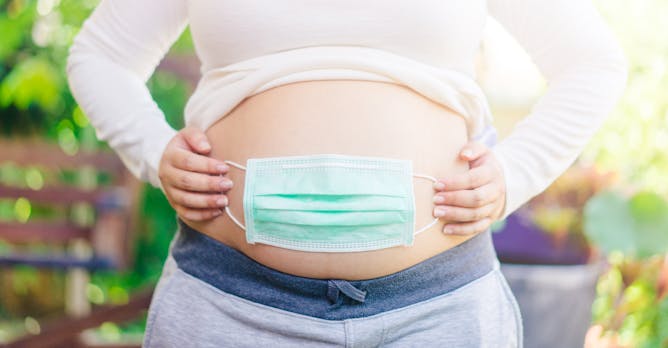
Shutterstock/MIA Studio
Michelle Wise, University of Auckland
The latest advice is to offer COVID-19 vaccines to women at any stage of pregnancy to protect them from a higher risk of severe disease – and to give their babies an early boost of antibodies.
|
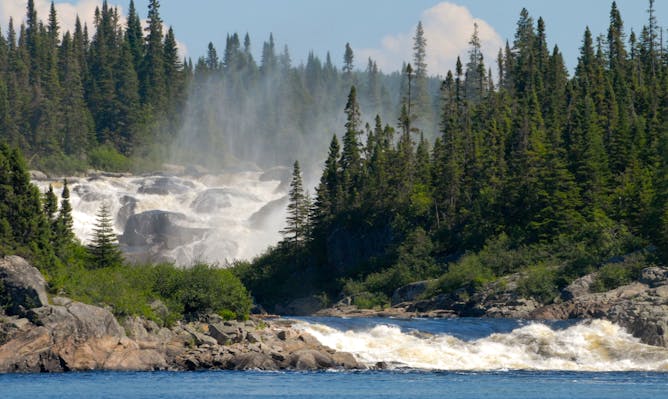
In February, the Innu Council of Ekuanitshit and the Minganie Regional County Municipality declared the Muteshekau Shipu (Magpie River) a legal person, a move that may provide greater certainty for this majestic river’s future.
(Boreal River)
Justine Townsend, University of Guelph; Alexis Bunten; Catherine Iorns, Te Herenga Waka — Victoria University of Wellington; Lindsay Borrows, University of Alberta
A recent declaration of a river as a legal person in Canada recognizes Indigenous laws and governance, and champions people as the guardians of nature.
|
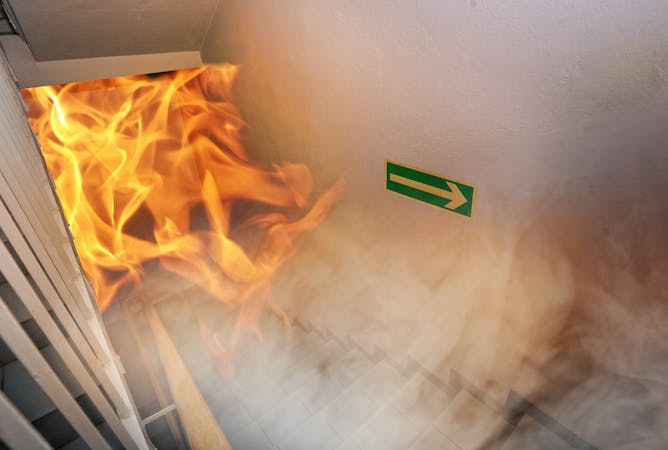
Shutterstock
Ruggiero Lovreglio, Massey University
Researchers are using mixed reality technologies to investigate how people behave in in emergency situations. The findings are helping shape disaster responses.
|
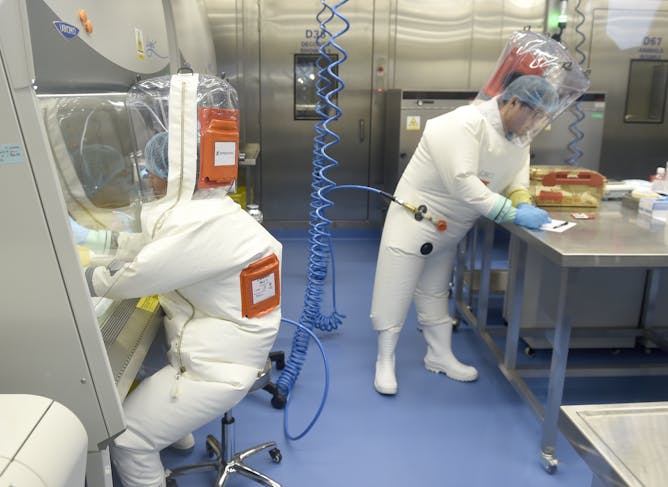
Researchers at the Wuhan Institute of Virology (2017).
AAP
Alexander Gillespie, University of Waikato
We may never know whether the pandemic began with a leak at the Wuhan lab. But even the possibility shows we need a universal biosafety code to prevent something similar happening in future.
|
From our foreign editions
|
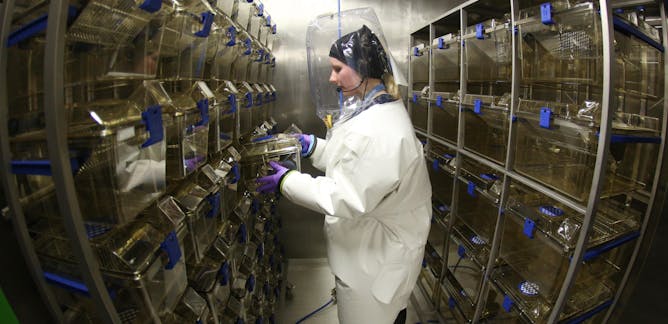
Filippa Lentzos, King's College London; Gregory Koblentz, George Mason University
A large proportion of scientific research on coronaviruses is carried out in countries with no oversight of experiments designed to make pathogens more deadly.
| |
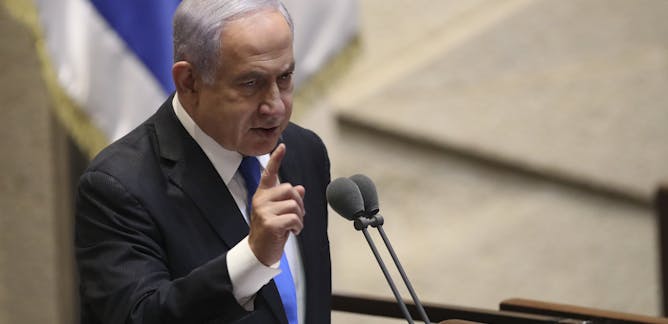
David Mednicoff, University of Massachusetts Amherst
After 12 years in power, former Israeli Prime Minister Benjamin Netanyahu's influence will last long beyond his time in office.
|
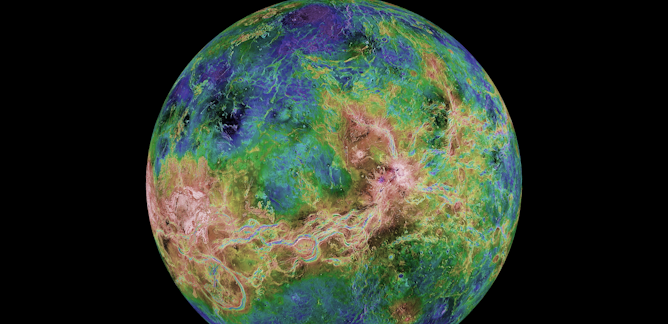
Paul K. Byrne, North Carolina State University
Two new NASA missions – VERITAS and DAVINCI+ – are headed to Venus. The missions will use radar and a probe to learn about Earth's hard-to-study and potentially prophetic neighbor.
| |
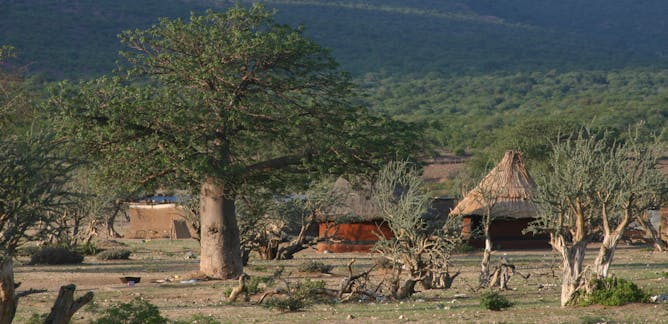
Glynis V. Cron, University of the Witwatersrand; Ed Witkowski, University of the Witwatersrand; Kelsey Glennon, University of the Witwatersrand; Sarah Venter, University of the Witwatersrand
Baobab flowers have male and female parts but individual trees appear to be favouring one rather than the other. To keep tree populations healthy and fruitful, both types are needed.
|
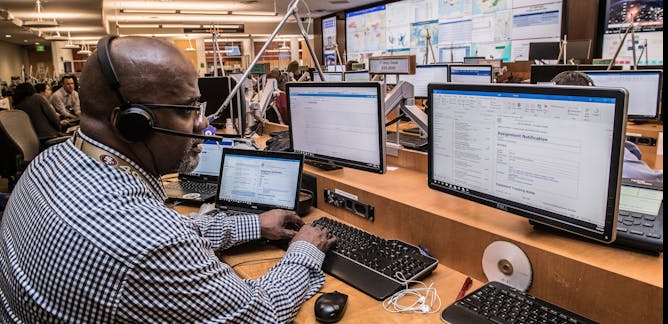
Kristen Deuzeman, Northern Alberta Institute of Technology
Burnout as the result of workplace stress has big implications for employers. Occupational health and safety standards require employers to protect both the physical and mental health of workers.
| |
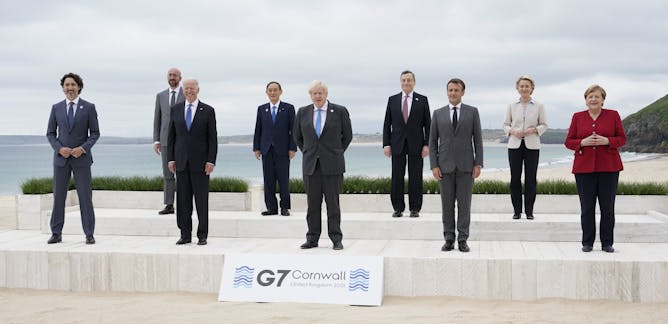
Tony Walker, La Trobe University
Scott Morrison may have found the meeting of the leaders of the world's liberal democracies that aligning himself so closely with former US President Donald Trump was not the most prudent course.
|
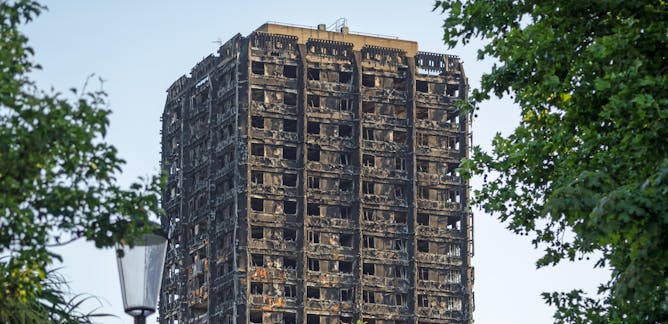
Paresh Wankhade, Edge Hill University
New regulations, training systems and research are underway but there's much still to be done.
| |
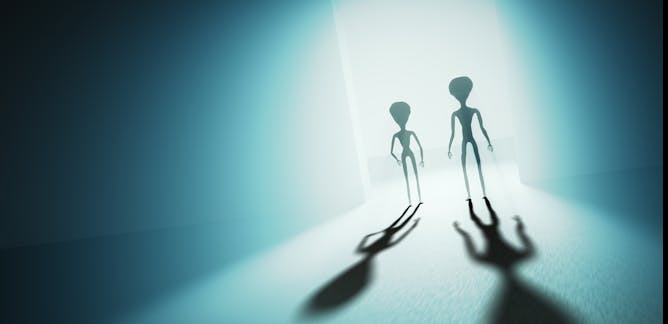
Noor Gillani, The Conversation; Chynthia Wijaya, The Conversation
Even if aliens exist, are intelligent like humans and interested in making contact with us, what are the chances they'll be close enough for us to hear them screaming their presence into the cosmos?
|
|
|
| |
| |
| |
| |
| |
| |
|
|
|
|
|
|
|